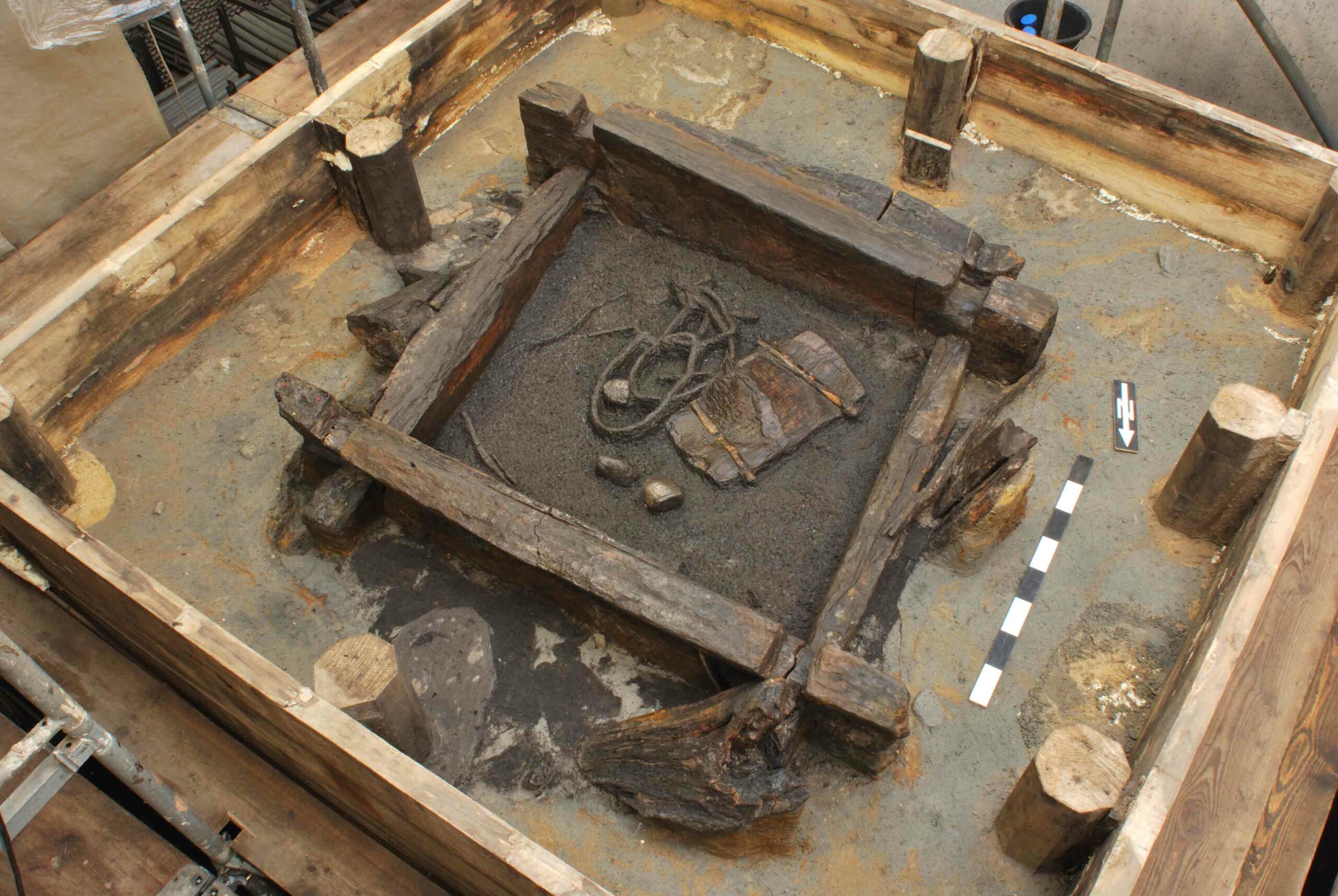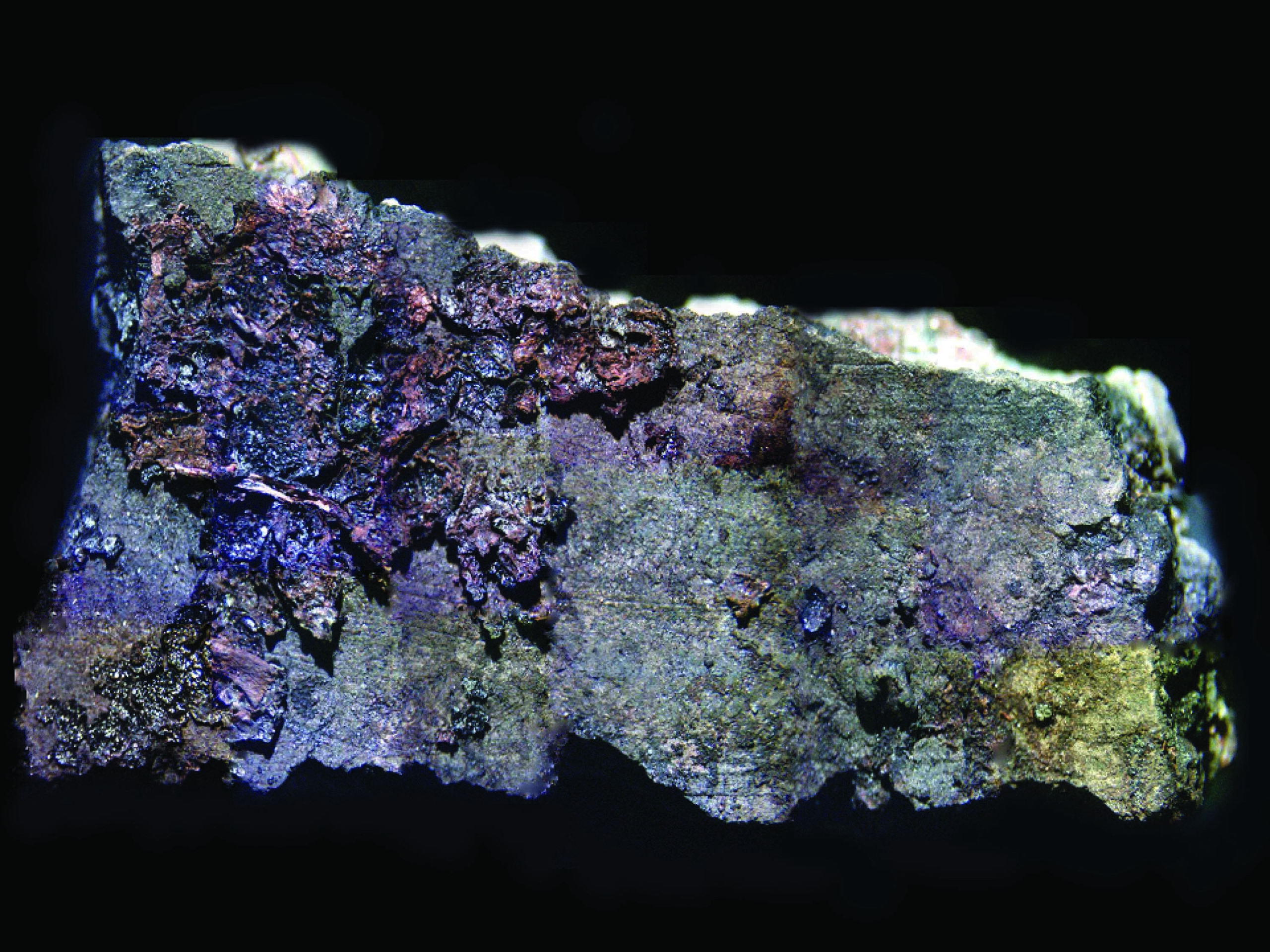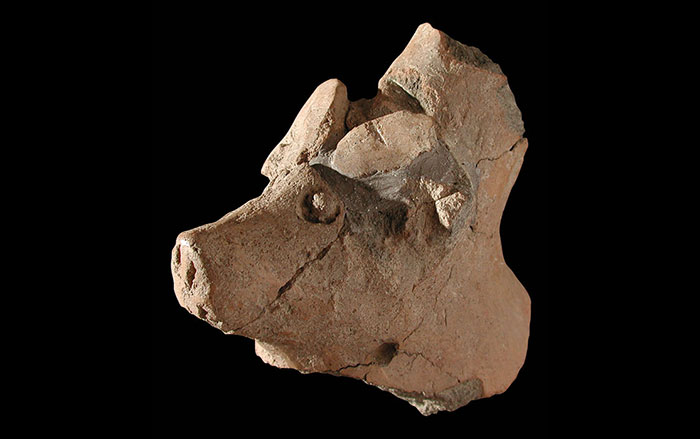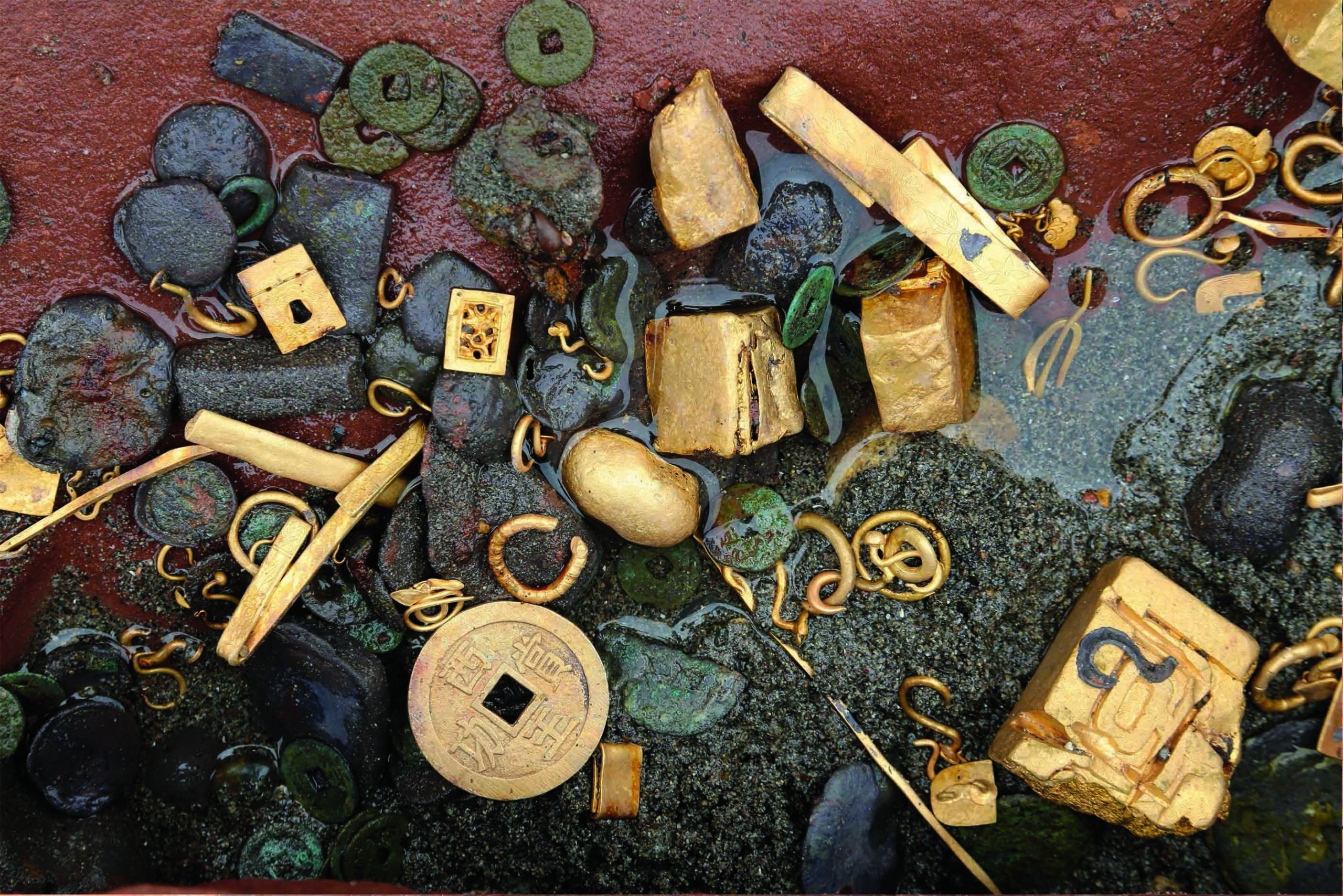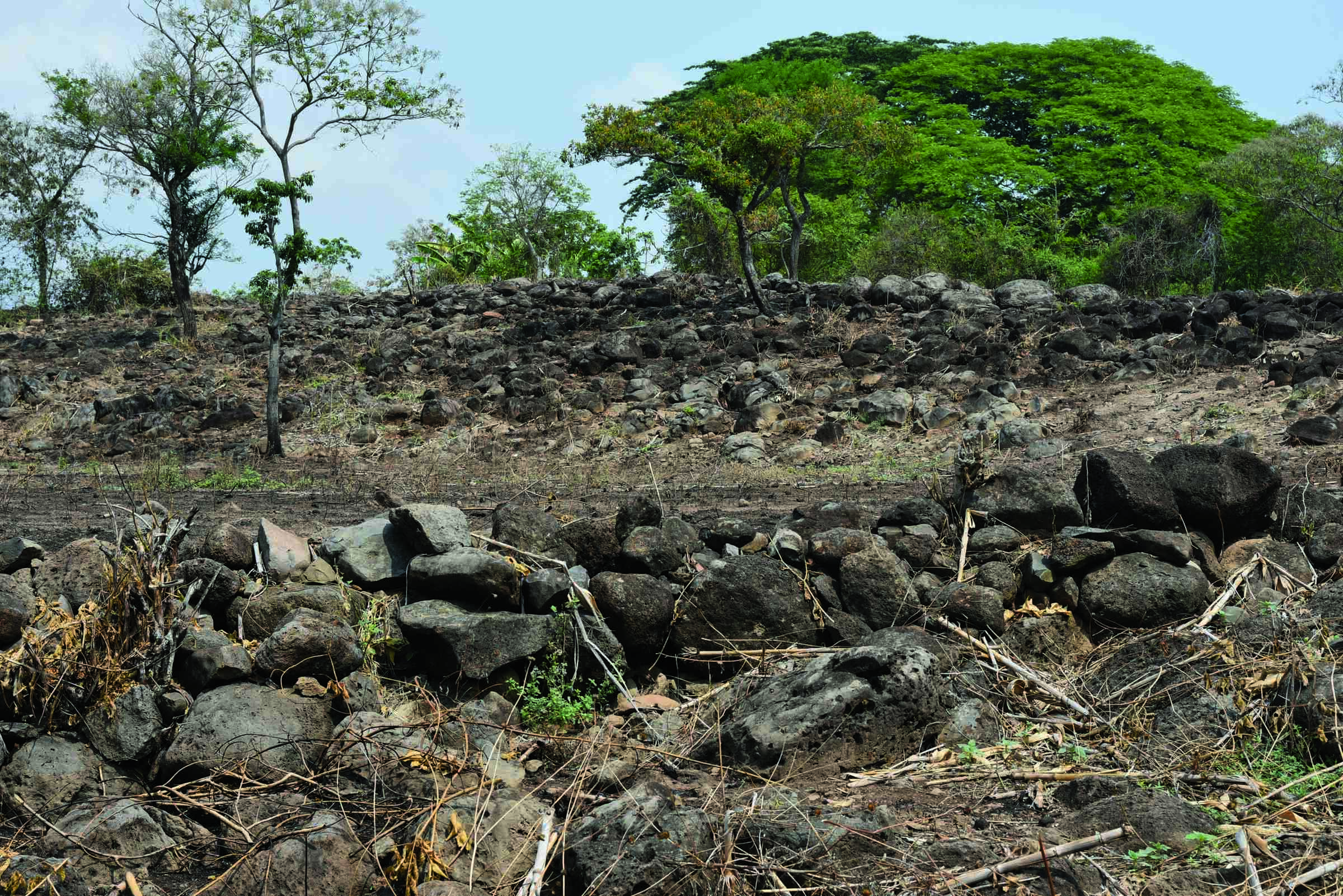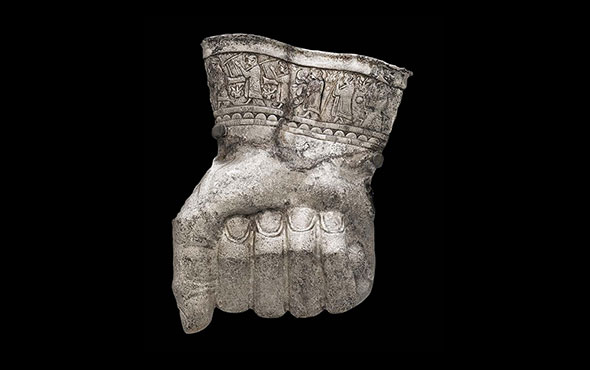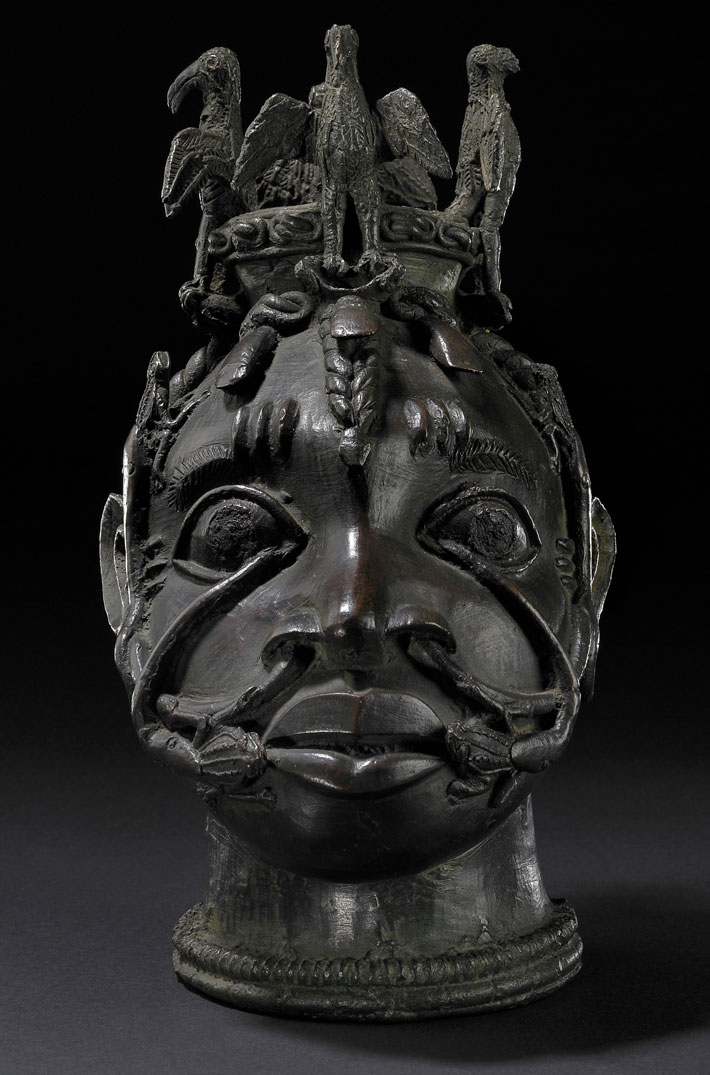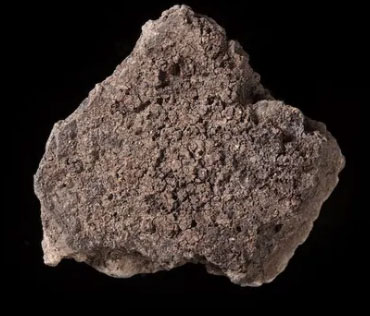
OLDENBURG, GERMANY—According to a Live Science report, evidence for a batch of burned and discarded porridge has been found on a fragment of a Neolithic cooking pot recovered from a trash heap in northwestern Germany. Analysis of the crusts on the plain, thick-walled pot detected traces of emmer wheat, barley, and white goosefoot, a plant with starchy seeds. “It looked like someone had mixed cereal grains with the protein-rich seeds and cooked it with water,” explained archaeobotanist Lucy Kubiak-Martens. The grains had sprouted, she added, which suggests that the porridge had been made in late summer. “[This cooking incident] not only shows us the last step in someone’s daily routine of preparing meals but also the last cooking event using this pot,” Kubiak-Martens said. Traces of animal-fat residue, most likely from milk, was found on another piece of pottery, she added. Read the original scholarly article about this research in PLOS ONE. To read about the oldest known pottery in the world, go to "The First Pots," one of ARCHAEOLOGY's Top 10 Discoveries of 2012.


